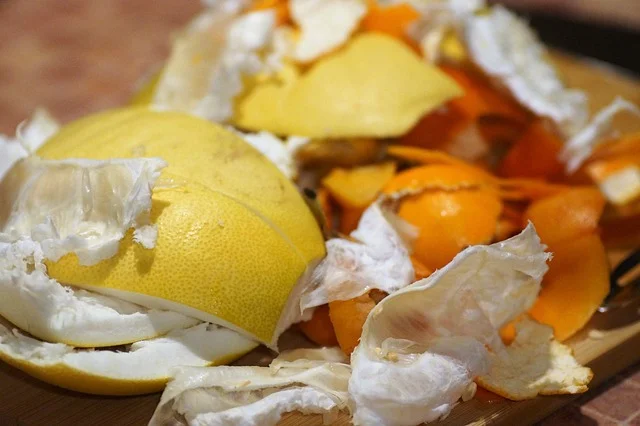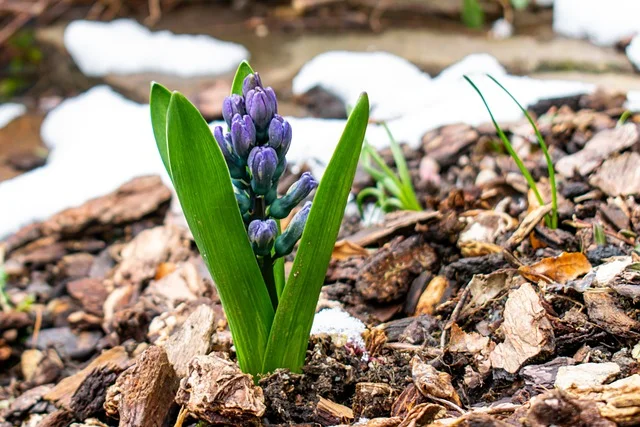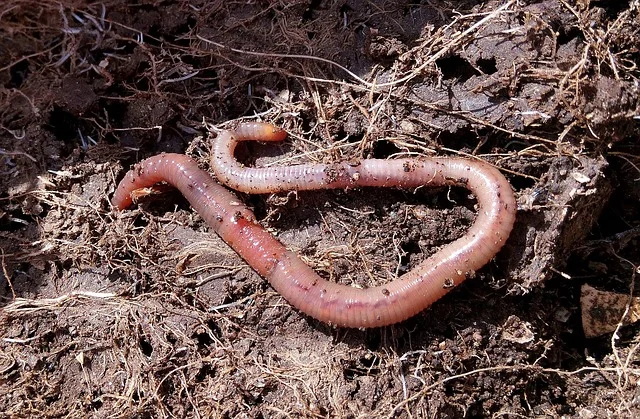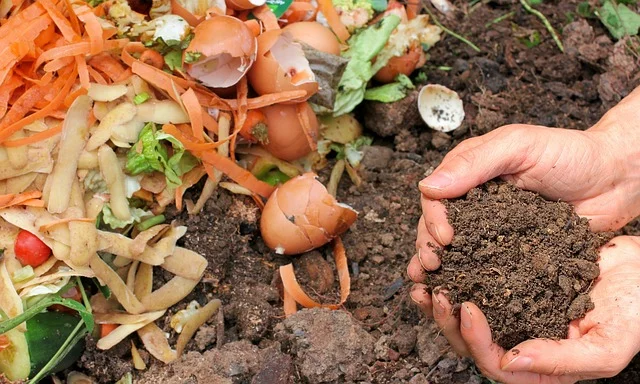Best Recycling Garden Waste: A Smart Approach for Sustainable Gardening in 2024
Recycling garden waste is a simple yet impactful practice that promotes sustainable gardening, reduces waste, and improves soil health. In the U.S., gardeners produce a substantial amount of organic waste each year, and repurposing it can significantly benefit the garden while reducing environmental impact. Here’s how to make the most of garden waste and give back to your landscape.
Table of Contents
1. Composting: The Ultimate Recycling Method
Composting is a natural process that turns garden and kitchen waste into nutrient-rich compost. By adding compost to your soil, you improve its texture, fertility, and moisture retention. Here’s how to get started:
- Choose a Spot: Find a shaded, accessible area in your garden for your compost pile or bin.
- Layer Correctly: Alternate between “green” materials (like grass clippings and vegetable scraps) and “brown” materials (such as dried leaves and small branches). This balance ensures a faster decomposition process.
- Turn Regularly: Every few weeks, aerate the pile by turning it with a pitchfork. This adds oxygen, speeding up decomposition.
- Use When Ready: In a few months, your compost will be ready to add to garden beds, enriching the soil.
Composting not only reduces landfill waste but also provides a natural, no-cost fertilizer.
2. Mulching for Moisture and Weed Control
Garden clippings, leaves, and chipped branches can be used as mulch to cover soil around plants. Mulch offers multiple benefits, from retaining soil moisture and suppressing weeds to regulating soil temperature. Here’s how to make the most of garden waste as mulch:
- Leaves and Grass Clippings: Shredded leaves and dried grass clippings make an excellent mulch for flower beds and vegetable gardens.
- Wood Chips: Small branches or pruned limbs can be chipped and spread around trees, shrubs, and pathways for a decorative and functional mulch layer.
This approach keeps garden waste on-site while giving your plants better growing conditions.
3. Creating Leaf Mold: A Soil Enhancer
Leaves are rich in nutrients and, when left to decompose, turn into leaf mold—a dark, crumbly substance perfect for conditioning soil. Making leaf mold is simple:
- Collect Leaves: Rake up leaves in fall and store them in a bin, bag, or pile.
- Moisten and Wait: Dampen the leaves and let them sit for six months to a year.
- Apply as Soil Conditioner: Leaf mold improves soil structure and moisture retention, especially valuable for sandy or heavy clay soils.
This long-term soil amendment enriches your garden without added costs.
4. Using Weeds and Spent Plants as Green Manure
Certain weeds and spent plants can be tilled back into the soil to act as green manure. This practice replenishes nitrogen and other essential nutrients naturally. Before adding weeds, be sure:
- Avoid Seed Heads: Only use weeds that haven’t gone to seed; otherwise, you risk spreading unwanted plants.
- Chop and Bury: Chop up weeds and lightly till them into the soil to speed up decomposition and nutrient release.
Using weeds as green manure benefits your soil while keeping the garden waste cycle closed.
5. Consider Vermicomposting for Kitchen Scraps
If you’re looking to recycle smaller amounts of waste, try vermicomposting. Using worms to decompose kitchen scraps and garden trimmings produces nutrient-rich worm castings that are perfect for container plants and vegetable beds. Here’s how to get started:
- Get a Worm Bin: Purchase or build a worm bin and add bedding material like shredded paper or coconut coir.
- Feed the Worms: Add small amounts of chopped kitchen scraps, garden leaves, and even coffee grounds.
- Harvest Castings: In a few months, the worms will produce castings that you can add to your soil for a healthy boost.





Leave a Reply